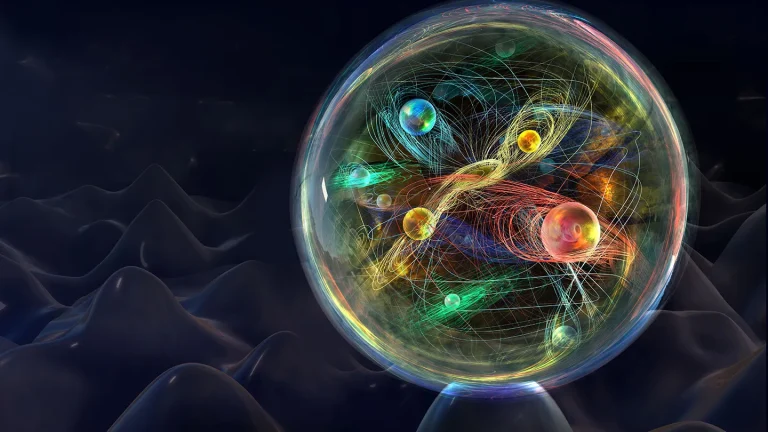
In a remarkable turn of events, NASA scientists have identified 26 previously unknown bacterial species within the ultra-sterile environment of the Jet Propulsion Laboratory (JPL). This discovery is particularly intriguing as it suggests these microbes possess the resilience to withstand the harsh conditions of Mars. The bacteria were found in one of the cleanest places on Earth, highlighting their extraordinary survival capabilities. This finding not only raises questions about life’s adaptability beyond Earth but also has significant implications for planetary protection and the prevention of biological contamination in future space missions.
The resilience of these microbes opens up new avenues for research into life’s potential to thrive in extreme environments. Their unique survival abilities could inform the development of biotechnological applications and medical advancements on Earth. Furthermore, understanding how these bacteria endure such conditions may provide insights into the possibility of life existing on other planets, thereby influencing the strategies employed in the search for extraterrestrial life.
This discovery underscores the importance of microbial research in space exploration. By studying these super bacteria, scientists can better prepare for the challenges of long-duration space missions and the establishment of human habitats on other planets. The findings also emphasize the need for stringent sterilization protocols to prevent the unintended transfer of Earth-based organisms to other celestial bodies, ensuring the integrity of future astrobiological studies.






